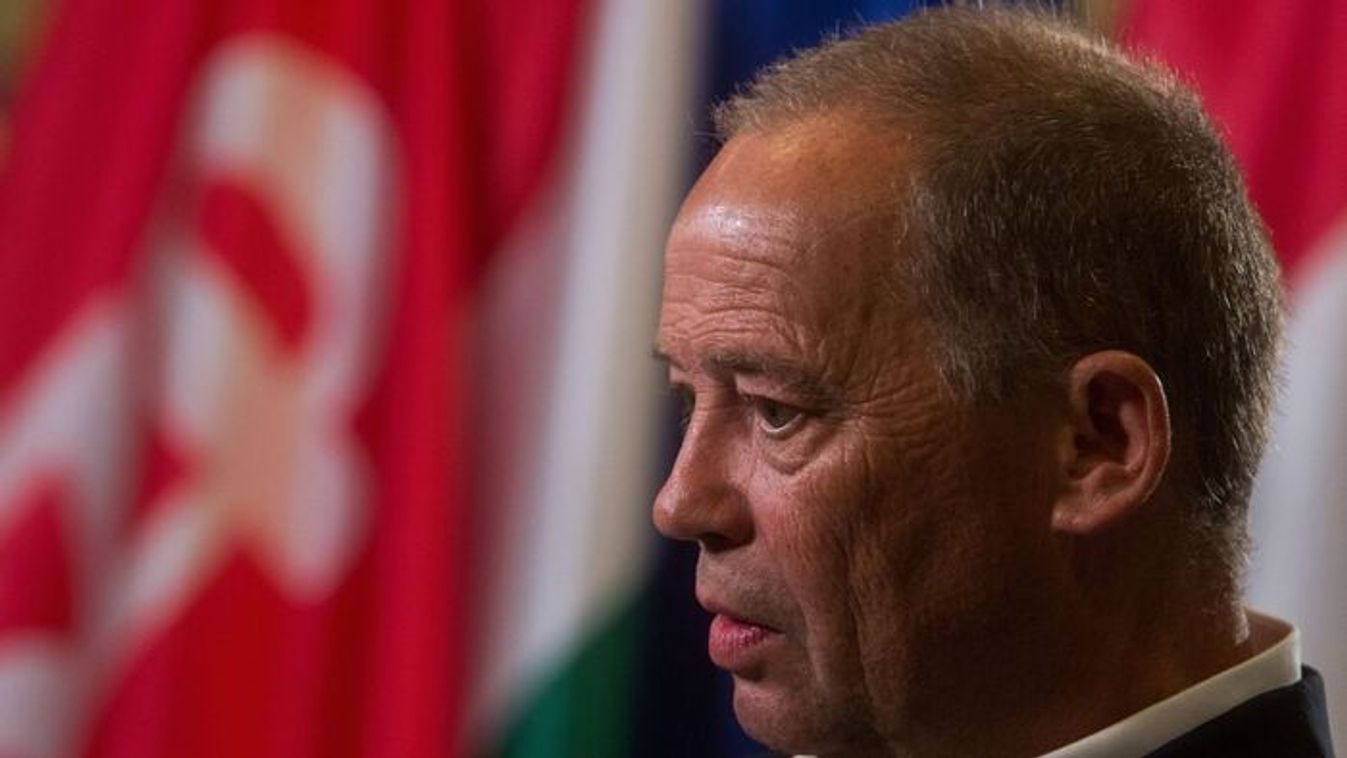“They put their man in the prosecutor’s office and it was easy to start proceedings, she said. “They did it right before the election. It turned out, as I suspected all along, that [99% of the people] were innocent. They faced trumped up charges.”
The elections were held in April 2010, but Peter Polt was elected as supreme prosecutor by the Parliament only in December of that year (as you can also read in on of Ms. Balogh's earlier blog posts). There were several corruption cases against Socialist politicians and government officials, started well before Mr. Polt took office. For example, János Zuschlag, Socialist MP, was arrested in 2007 on corruption charges. He was sentenced to eight and a half years in 2010, prior to the elections and along with several other young, Socialist politicians. Miklós Hagyó, former MP and vice-mayor of Budapest faces charges of taking kick-backs. He was arrested in May 2010 just after having his parliamentary immunity revoked. He is still on trial. Fülöp Benedek, former state secretary was arrested in November 2010. In April 2011, Mr. Benedek received a three-year suspended prison sentence in another case.
The post ends with another quote from Ms. Balogh:











